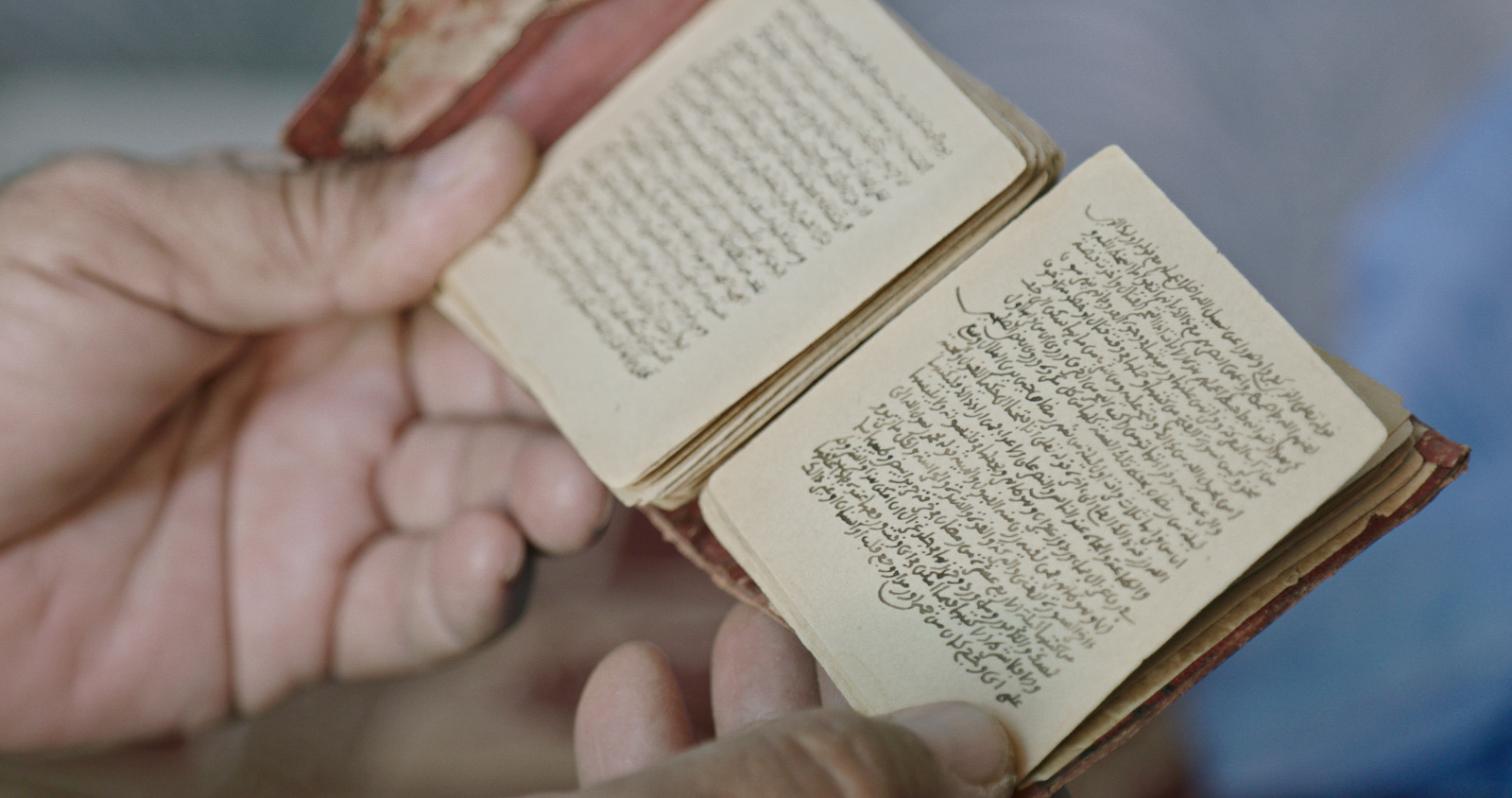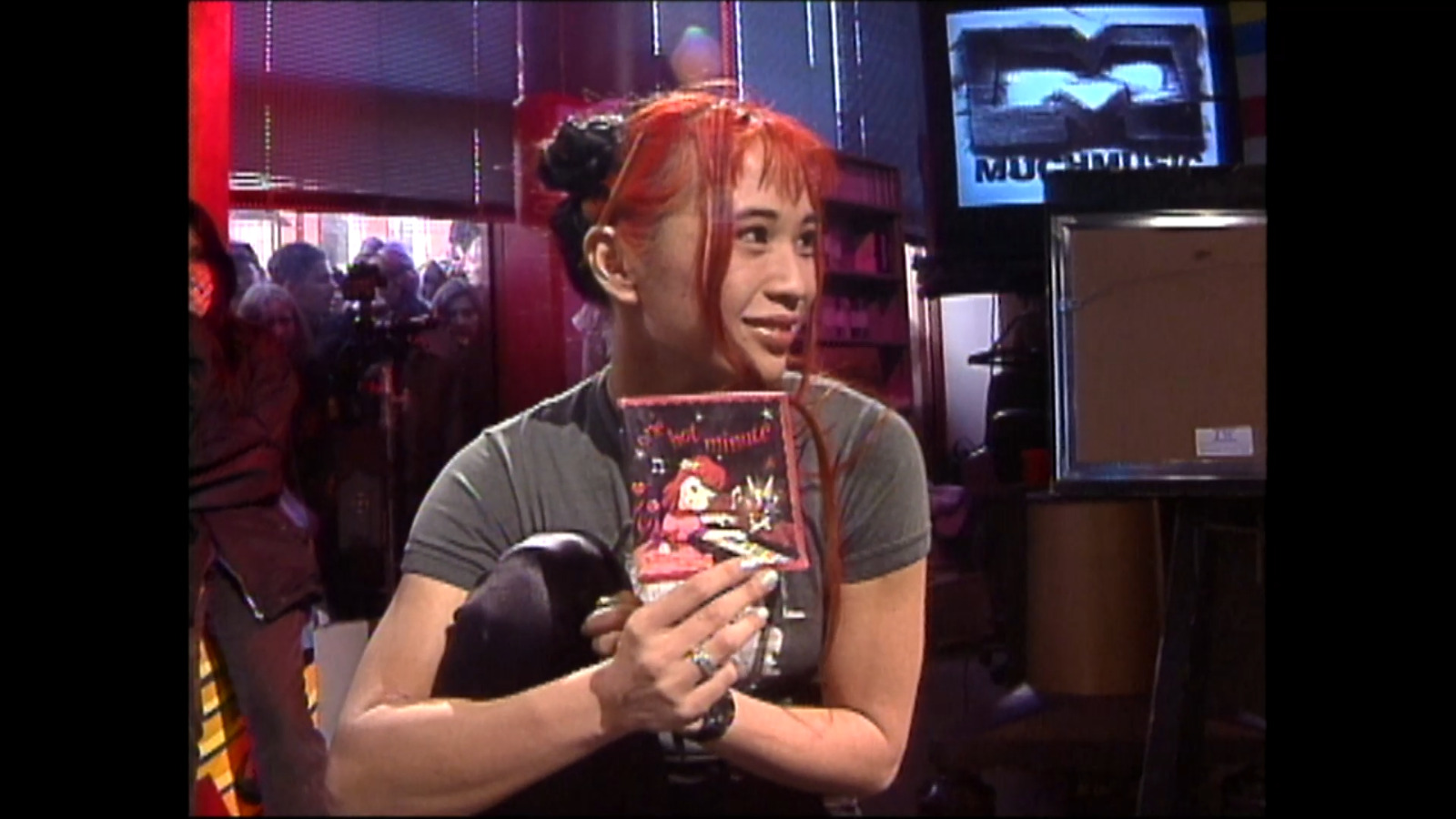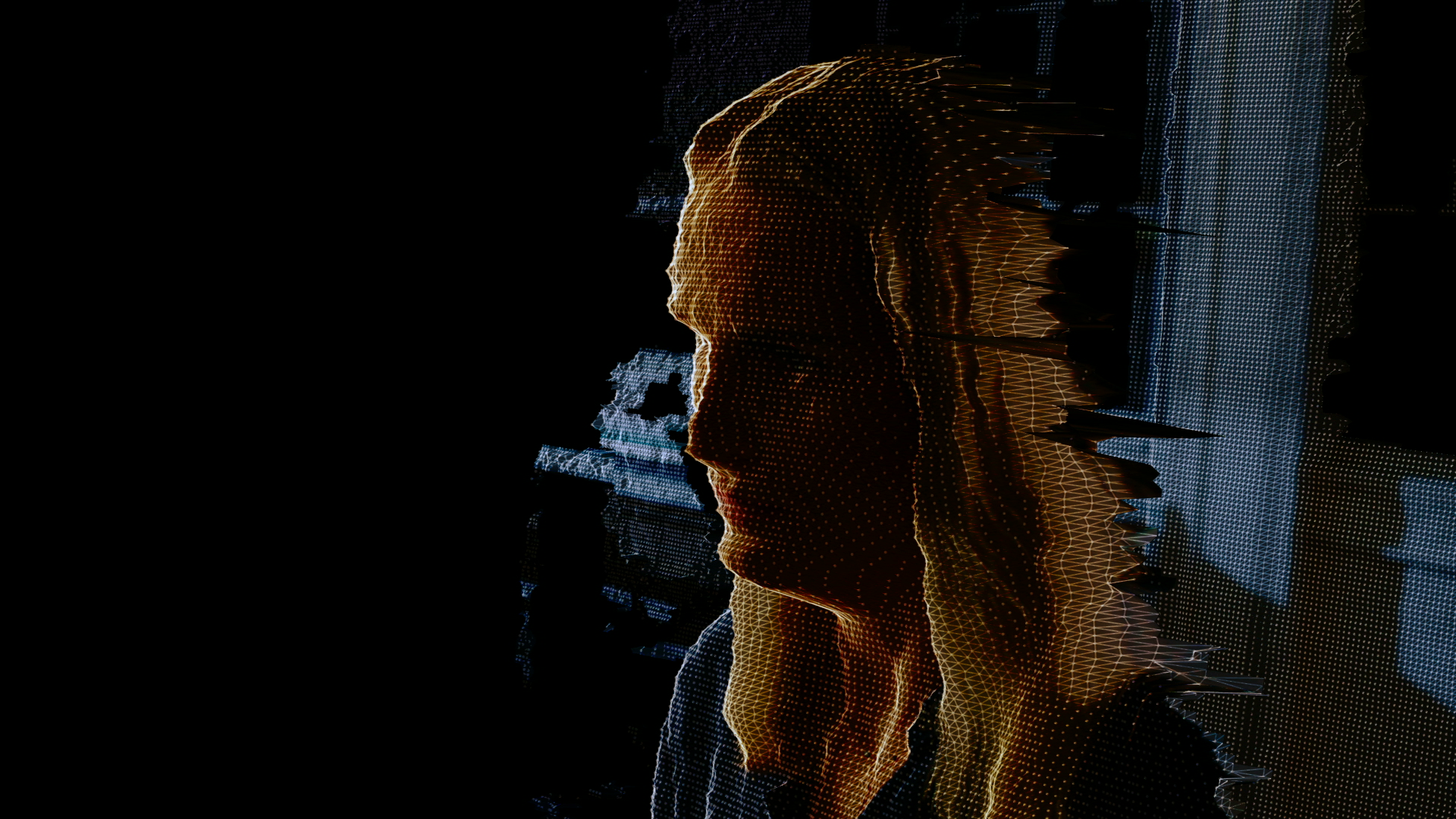Beyond Paper (Au-dela du papier)
(Canada, 130 min.)
Dir. Oana Suteu Khintirian
What is happening to the world’s memory and thought as books are abandoned in our embrace of all things digital? Oana Suteu Khintirian, a Montrealer who is of Armenian and Romanian heritage, pondered the global shift as she plunged into a deep dive of family memories provoked by receiving a cache of love letters that are over 100 years old. Looking at the cursive hand written notes, written in Armenian, she began to feel a passion for the past, evoked not just by words but by the sensual power of paper and ink, hardly reproducible today. It set her on a quest to examine what we have lost with the gradual abandonment of paper and books and libraries and what can be preserved in the new Internet culture.
Khintirian’s investigation got her to many places around the world. In Mauritania, deep in the Sahara desert, she encountered Chinguetti, a nearly abandoned trading site, which houses 13 libraries and over 6000 Islamic manuscripts. Khintirian spends time with the dedicated Habott family, who have held onto the vast library for more than two centuries against the desert winds and the indifference and occasional anger of their society, which hardly embraces the legacy of over a thousand years of writing and thought. In Buenos Aires, Argentina, she gets Maria Kodama, the widow of the eminent writer and librarian Jorge Luis Borges, to read from his fantastical The Library of Babel, which conceives of a universe of thought contained within a library. Buenos Aires is also the city, which houses El Ateneo Grand Splendid, perhaps the finest designed and built bookshop in the world—truly the proper metropolis to have been the home of Borges—and a necessary location for the film.
Over the course of two hours, Khintirian takes us to Copenhagen, Milan, Paris, Montreal, Bucharest, and San Francisco as her trek to understand books and paper in a digital society continues. In a charmingly nerdy style, she speaks to philosophers, librarians, profs, and archivists as she strives to understand the history of books and whether they should be maintained in contemporary society. In Milan, she spends time with Maria Sebredgondi, who founded Moleskine, a company which produces gorgeous notebooks that can be used to write or make visual art–and has become a huge international success.
Khintirian travels to San Francisco to talk with Brewster Kahle, the Internet Archive founder, who is almost sheepish in describing his accomplishments. Kahle has been working on the Archives for over 40 years but it still isn’t a success in his eyes: there is much more that needs to be digitized and made accessible to viewers. Kahle’s reservations are mirrored with those of Dr. Sha Xin Wei, who understands the loss of paper and ink and books, which can’t be reproduced digitally. The many fonts available on computer lack soul—a fact, which is aesthetic and probably spiritual.
Letters and books are physical objects which can be shared with family, friends and lovers. Oana Suteu Khintirian hasn’t just made a film, which ultimately endorses paper and book and libraries. She’s made it about family: a cousin and spiritual sister, who publishes books in Bucharest features prominently as do others who are deeply moved by the historic romantic letters and a scholarly tradition that goes back for generations. Armenians survived the first major 20th century Holocaust in the disintegrating Ottoman Empire and latterly the new country of Turkey. Too many have dealt with exile and tragic losses. For Armenians, culture has been a major unifying factor and the love of books and paper and libraries is of absolute importance. Khintirian’s film demonstrates that books and libraries have meaning even in today’s digital age. She’s made a personal essay doc that should be seen by those who love literature, and those who don’t.














